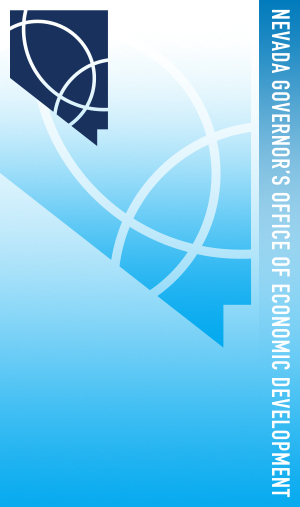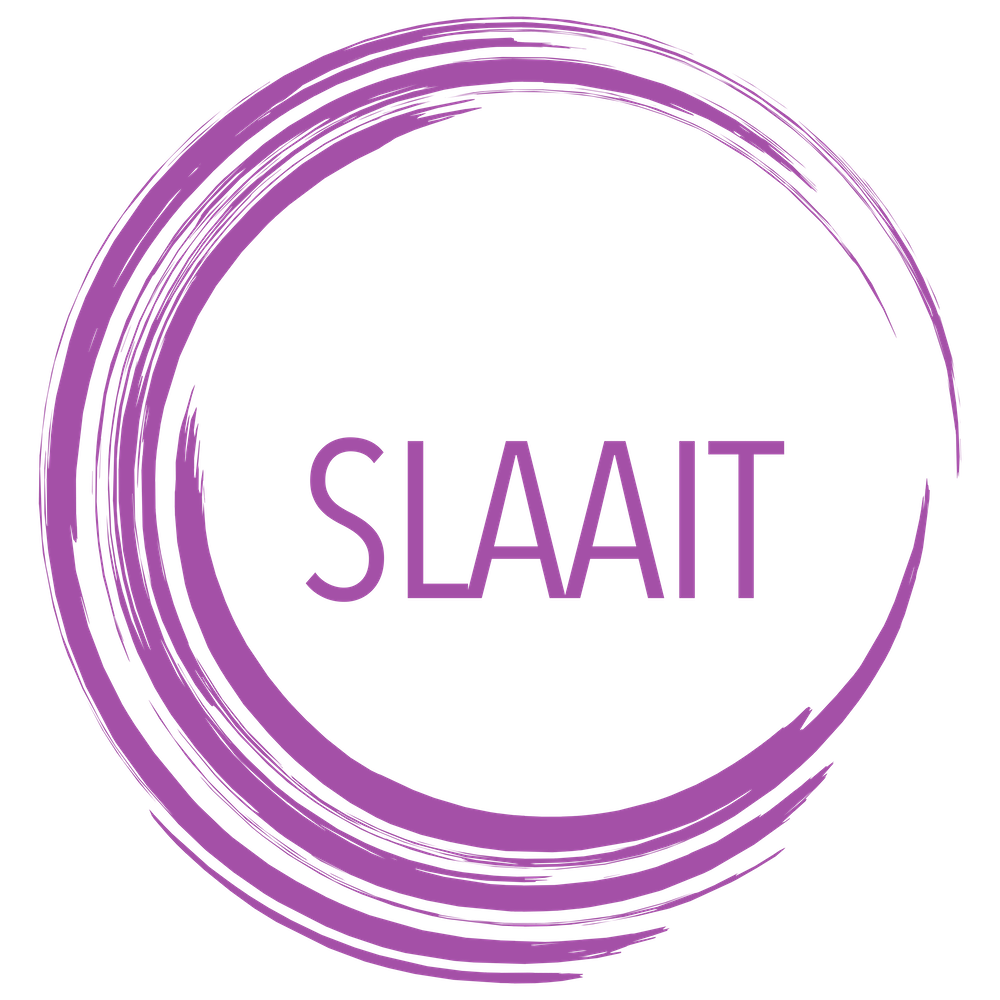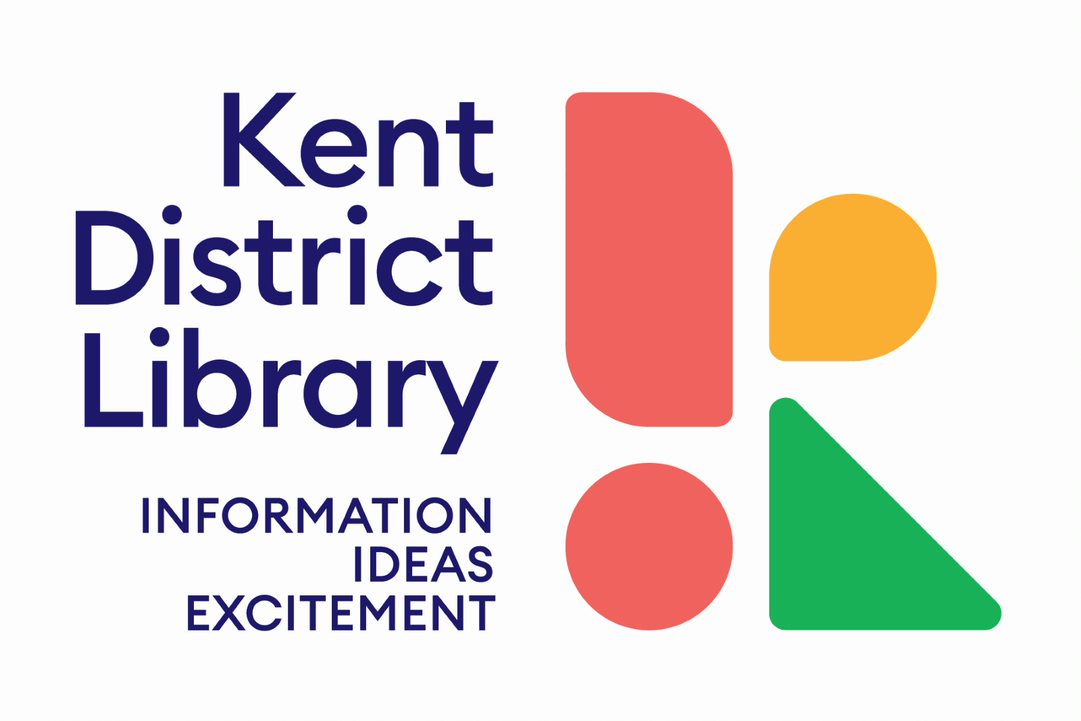Innovation
Nevada’s libraries have long been an important part of the state’s workforce development programs, and in June, the state’s Board of Examiners approved a new librarian-in-residence program for two municipal systems—the North Las Vegas Library District and the Carson City Library—that will boost those efforts. For two years beginning last month, these librarians-in-residence will facilitate an Individual Career Mapping and Training Delivery Model program developed by the Nevada Governor’s Office of Economic Development with libraries throughout the state. The program includes innovative features such as hands-on virtual reality “field trips” and access to NCLab’s Career Readiness Assessment to build STEM skills.
Marlon Moore isn’t one to sit back and wait for patrons to ask for assistance. Instead, he focuses on creating opportunities—and his contributions have earned the Miami-Dade Public Library System eight National Association of Counties Awards from 2013 to 2023 for unique and impactful programs.
Academic librarians are helping both students and instructors navigate the rapidly evolving field of artificial intelligence.
On Saturday, March 16, a standing-room-only crowd—especially notable for one of the first warm days of spring and the day of New York City’s St. Patrick’s Day parade—packed into Queens Public Library's (QPL) Queensbridge Tech Lab, a makerspace in the Long Island City neighborhood of Queens. Drawing them to the space was the Queens Name Explorer Edit-a-Thon, hosted by QPL’s Memory Project, Wikimedia NYC, OpenStreetMap US, and Urban Archive.
The Collaborative Institute for Rural Communities Librarianship (CIRCL), Gigabit Libraries Network, and 14 state libraries announce the launch of the State Libraries and AI Technologies (SLAAIT) Working Group,
As the information landscape continues to evolve, and people access knowledge and entertainment in very different ways than just a generation ago, the role of libraries in their communities is shifting. Using data can help librarians ensure the resources they provide are relevant to the needs of their users.
In 2019, Kent District Library’s human resources department (HR) set out to strengthen its approach to staffing the organization. Our goals were to create greater equity in the selection process through reduction of implicit bias; improve the viability of candidates through competency testing; and ensure the quality of hires to help reduce first-year turnover, improve the diversity of the workforce, and ensure their competency on the job.
With the sharp uptick in challenges to books with LGBTQIA+ and BIPOC subjects and authors, this year’s Banned Books Week (October 1–7) resonates strongly with library staff and users alike. Public, academic, and school libraries from Los Angeles to Maine have launched local anticensorship campaigns—and some, like Brooklyn Public Library's Books Unbanned and New York Public Library's Books for All, are providing access to removed or restricted books nationally. One such initiative, the Digital Public Library of America’s (DPLA) Banned Book Club, has been providing challenged books to readers across the country, via the free Palace e-reader app, since its launch in July.
Today, we're sharing the stories of three different libraries and how their decision to become data-driven is increasing patron engagement.
ALREADY A SUBSCRIBER? LOG IN
We are currently offering this content for free. Sign up now to activate your personal profile, where you can save articles for future viewing









